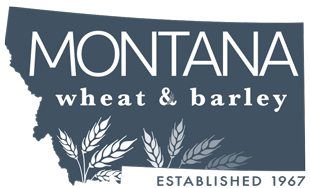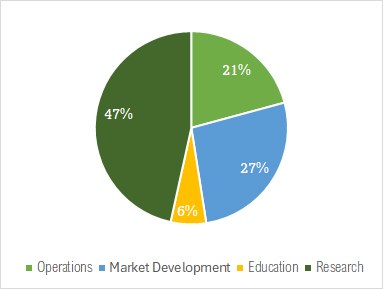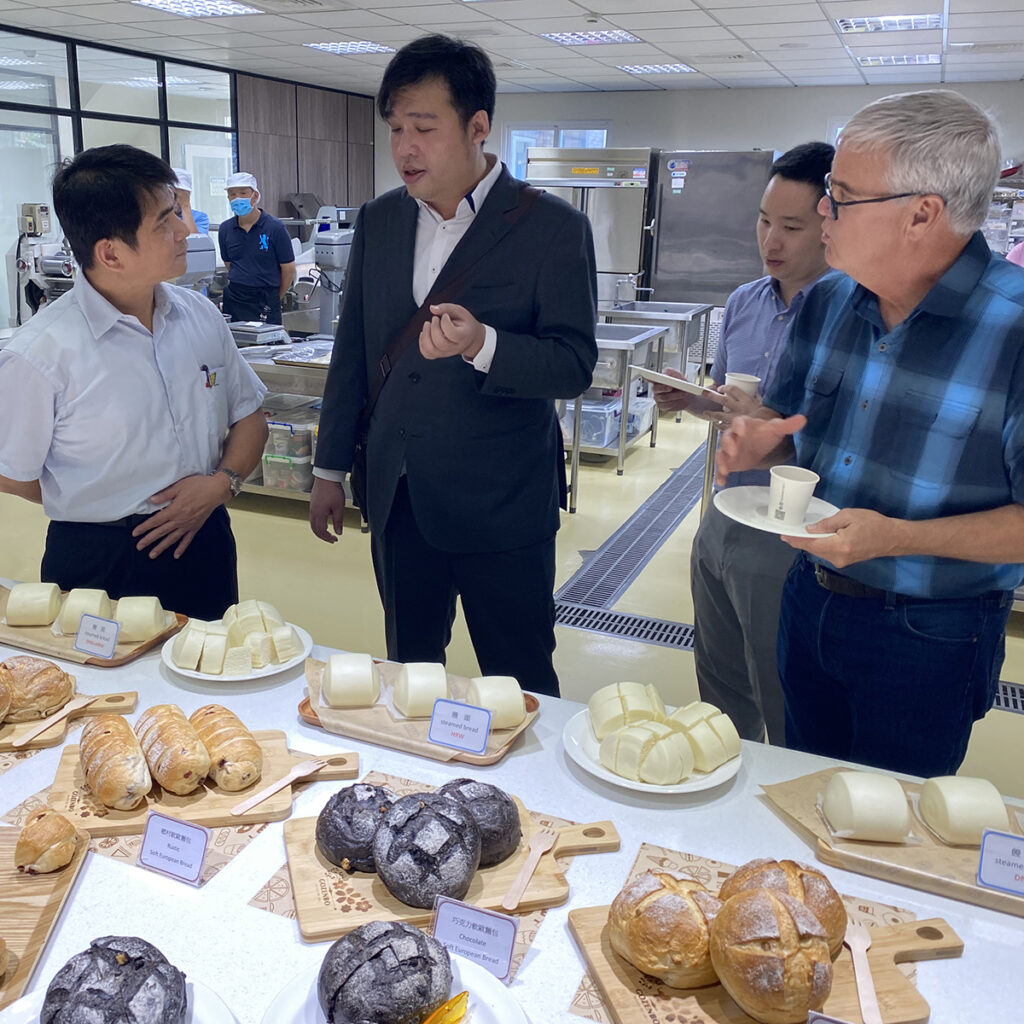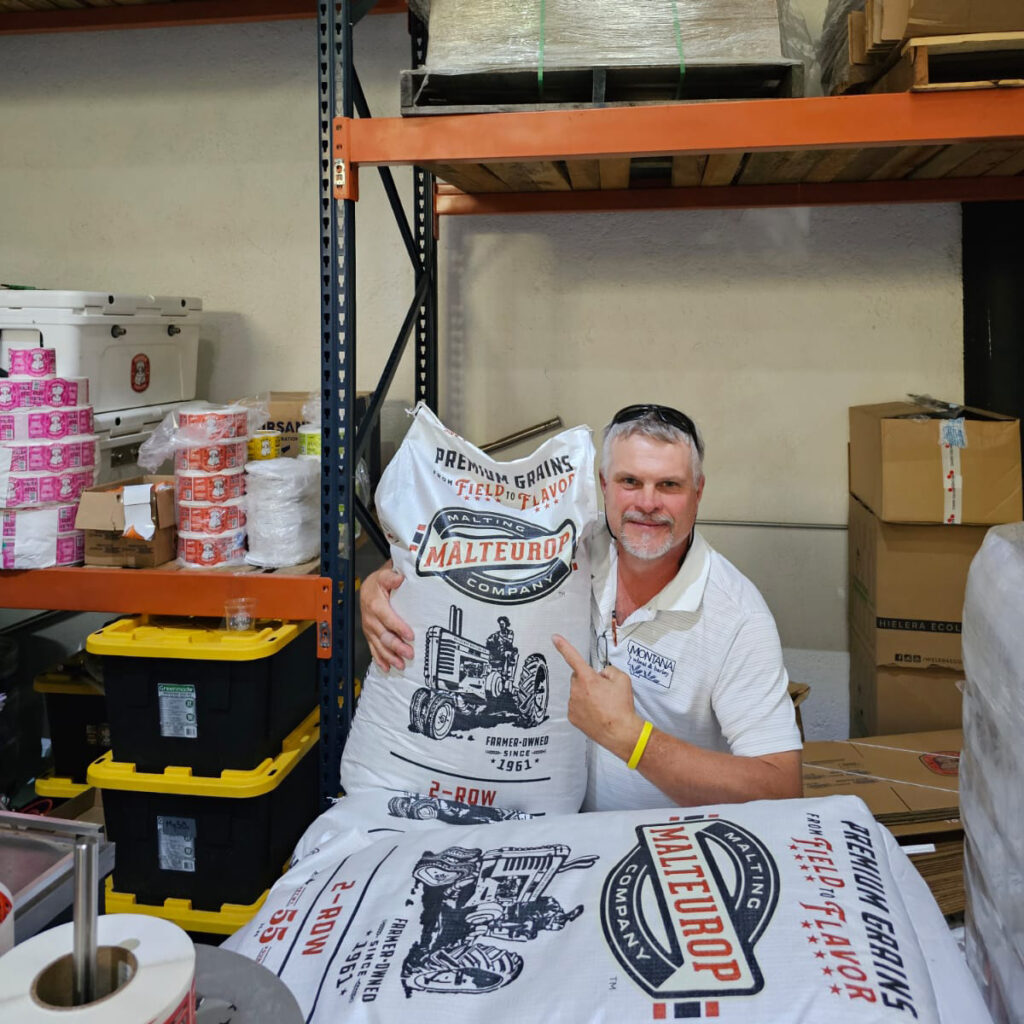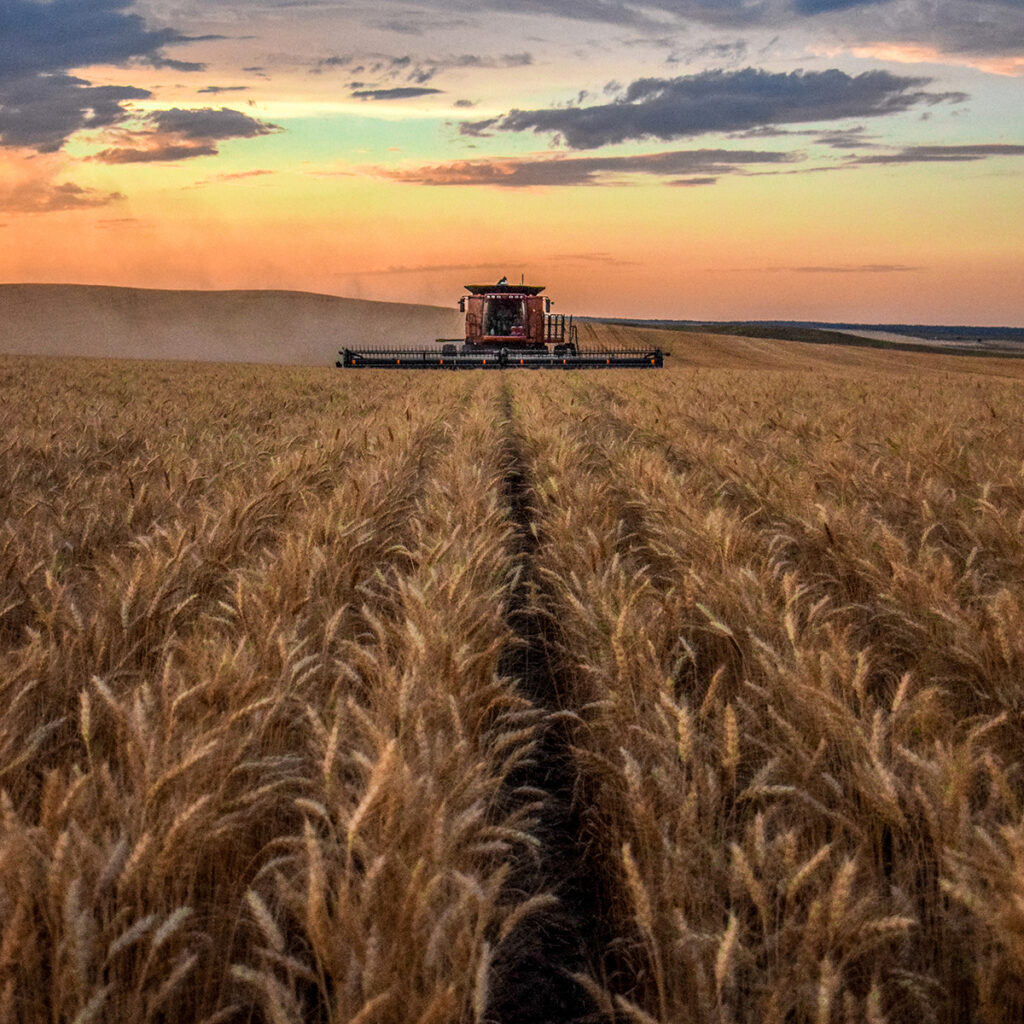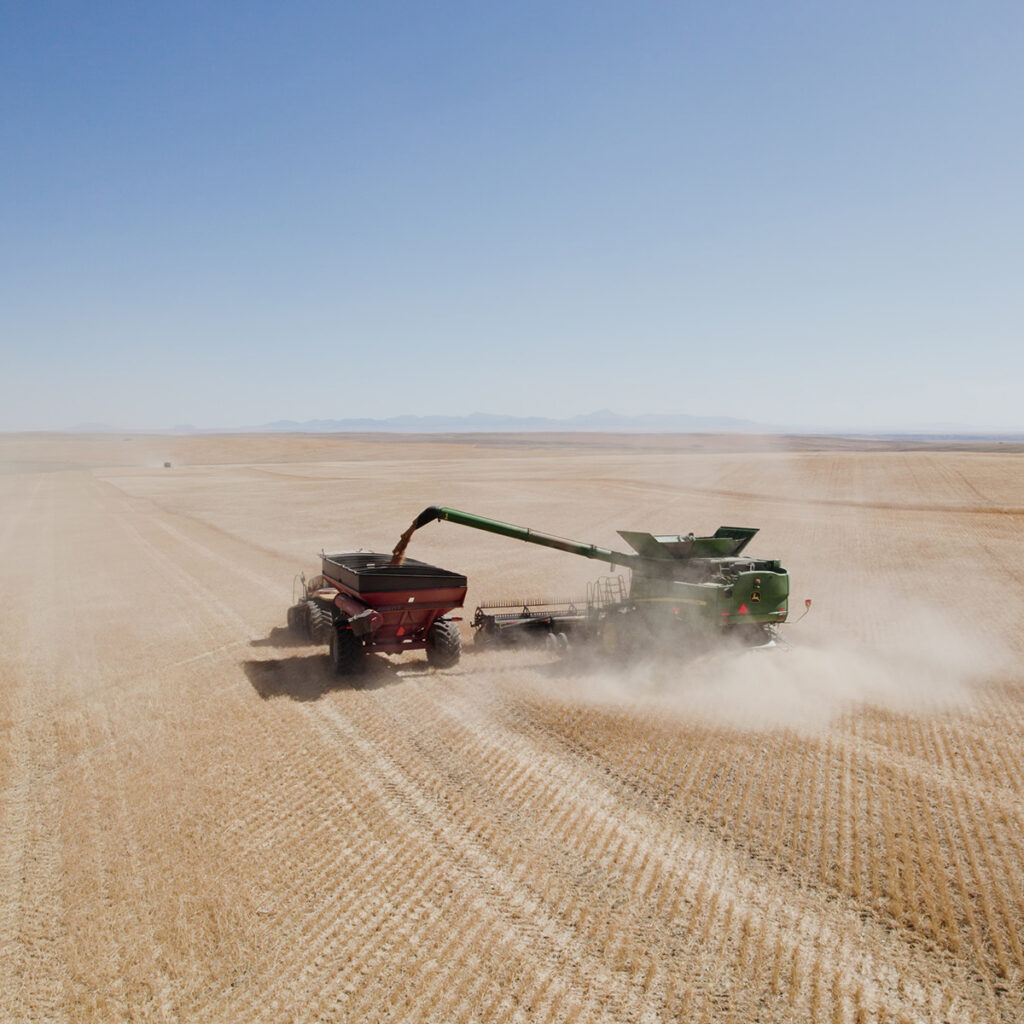Research
The 2024 MWBC budget will appropriate $2.25 million toward research projects. This funding is awarded during the fall budget cycle with the majority of projects residing at Montana State University's College of Agriculture. Twenty-one faculty were awarded on topics from wheat stem sawfly to blight resistance in durum to winter barley research. Click the Research icon to land on the research page featuring grant awards, research history, a blog from featured researchers and more.
Market Development
In 2023, Montana Wheat & Barley Committee hosted 16 trade teams from Taiwan to South Korea to Japan. Because of our intimate connections with partners such as US Wheat and US Grains, we have a full-time presence in 25 overseas offices to represent the Montana grain industry.
For 2024, $1.29 million will be reserved for market development efforts. About 80 percent of the market development budget is provided to US Wheat, US Grains, Wheat Foods Council, Northern Crops Institute and the Wheat Marketing Center for operations support. These crucial partners are continuously seeking new buyers, discovering changes in end-use criteria needed for variety improvement, strengthening existing buyer relationships and gathering data to help us make more informed decisions. One of those important expenditures is hosting trade teams. Click the icon for more market information.
Education
So many times in conversation, we hear producers say, "We don't talk about what we do well very often." That's not a shock -- everyone is busy trying to carve out a living. MWBC devotes a good amount of time helping tell the wheat and barley story. In 2024, MWBC will invest nearly $270,000 on educational programs such as REAL Montana, US Durum Growers outreach, FFA and much more. Discover resources for teachers, wheat nutrition, popular links like Montana's brewery map, and so much more when you click on the Education icon.
There is much room to grow here! We encourage ideas from producers where we can educate more consumers about wheat and barley while providing valuable education about Montana's number-one industry, agriculture.
